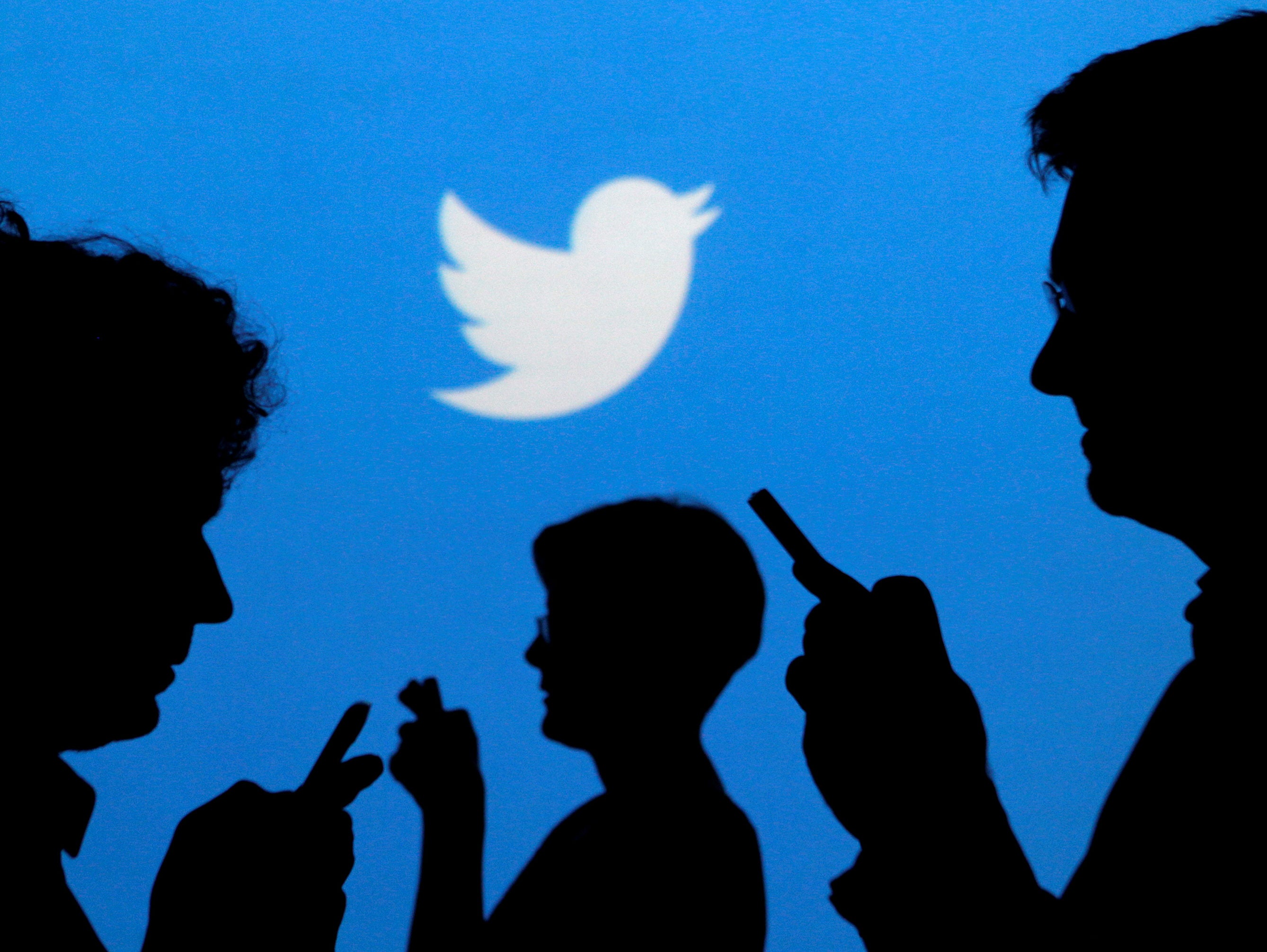
Twitter has been criticised for failing to give “straight answers” to the parliamentary probe into alleged Russian interference in the Brexit vote.
The reproval comes in response to a letter to the Department of Digital, Culture, Media and Sport Select Committee from Twitter head of public policy Nick Pickles saying there was not “sufficiently strong evidence” linking 13,493 suspected bot accounts to Russia.
Pickles also said there were no links between the bots, identified by City University research, and notorious Russian “troll farm” the Internet Research Agency.
In his response, Chairman of the DCMS Committee, Damian Collins, has asked for more information on the bots identified in the study.
“I’m afraid that the failure to obtain straight answers to these questions, what they might be, is simply increasing concerns about these issues, rather than reassuring people,” he said.
In a letter to the DCMS committee last week, Twitter said that 1 per cent of the bot accounts found by researchers were registered in Russia.
It added that 6,508 of the accounts were suspended, mostly for breaching spam policies, before the university report was published.
According to the company, more than 40 per cent of the accounts remaining were permanently deactivated, adding that a “very small number” of accounts highlighted in the report were still active on the platform.
Pickles said: “Our findings echo those of the Oxford Internet Institute that concluded in a report published in December 2017: ‘In our investigations of Twitter conversations associated with highly automated accounts we found little evidence of links to Russian sources’.”
In his response to Twitter, Collins said he wanted more information about who controlled the accounts and how many of them were controlled by Russian agencies not registered in the country.
The DCMS Committee has expressed frustration with lacking cooperation from both Facebook and Twitter before, dubbing previous Twitter responses “completely inadequate”.
In a letter to the inquiry earlier this month, Facebook said it would be expanding its probe into Russian interference in the EU referendum.
On 8 February the DCMS committee will be holding a fake news inquiry evidence session in Washington DC. Representatives from Google, Facebook and Twitter will all appear on panels.
Picture: Reuters/Kacper Pempel
Email pged@pressgazette.co.uk to point out mistakes, provide story tips or send in a letter for publication on our "Letters Page" blog
